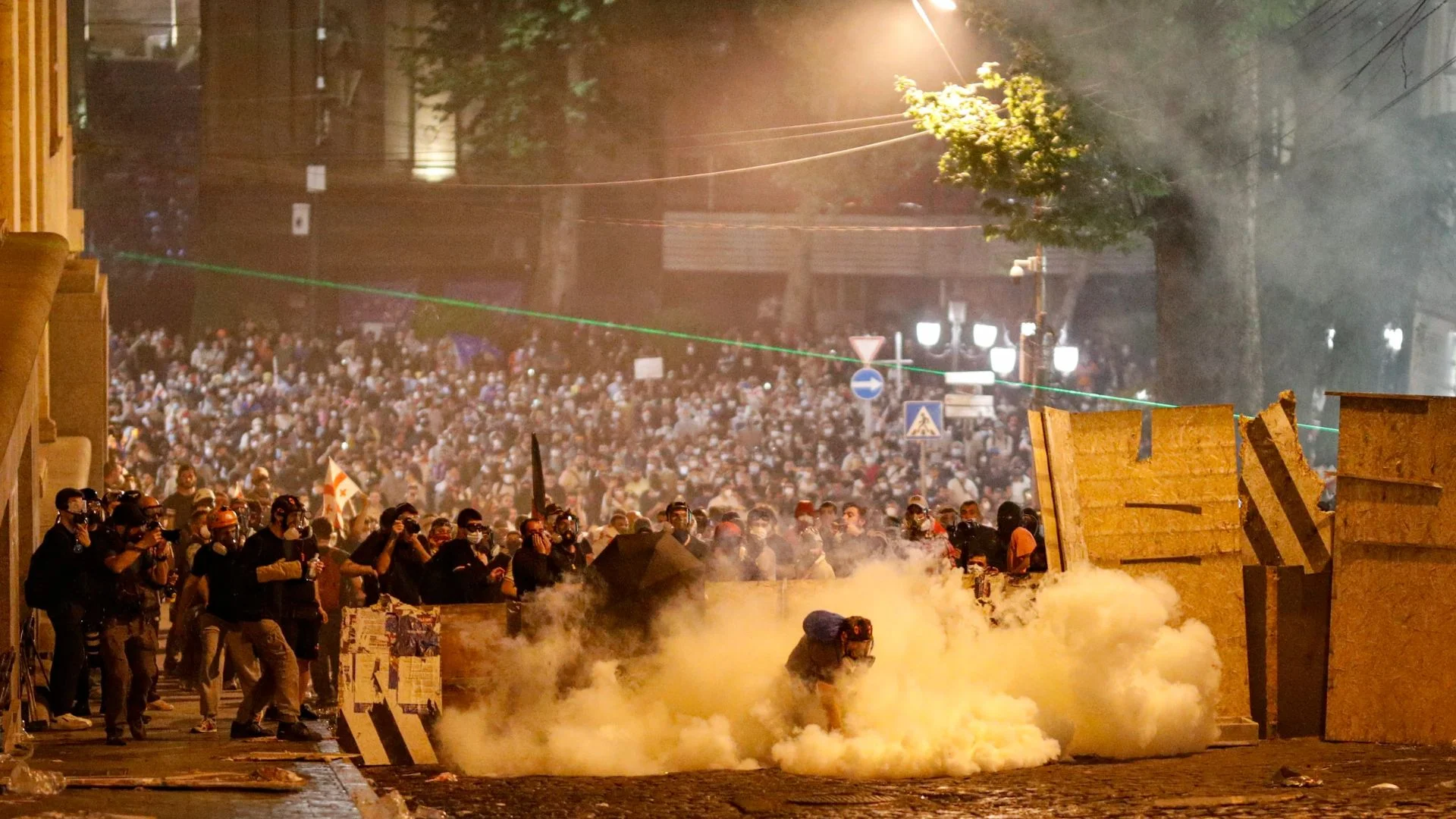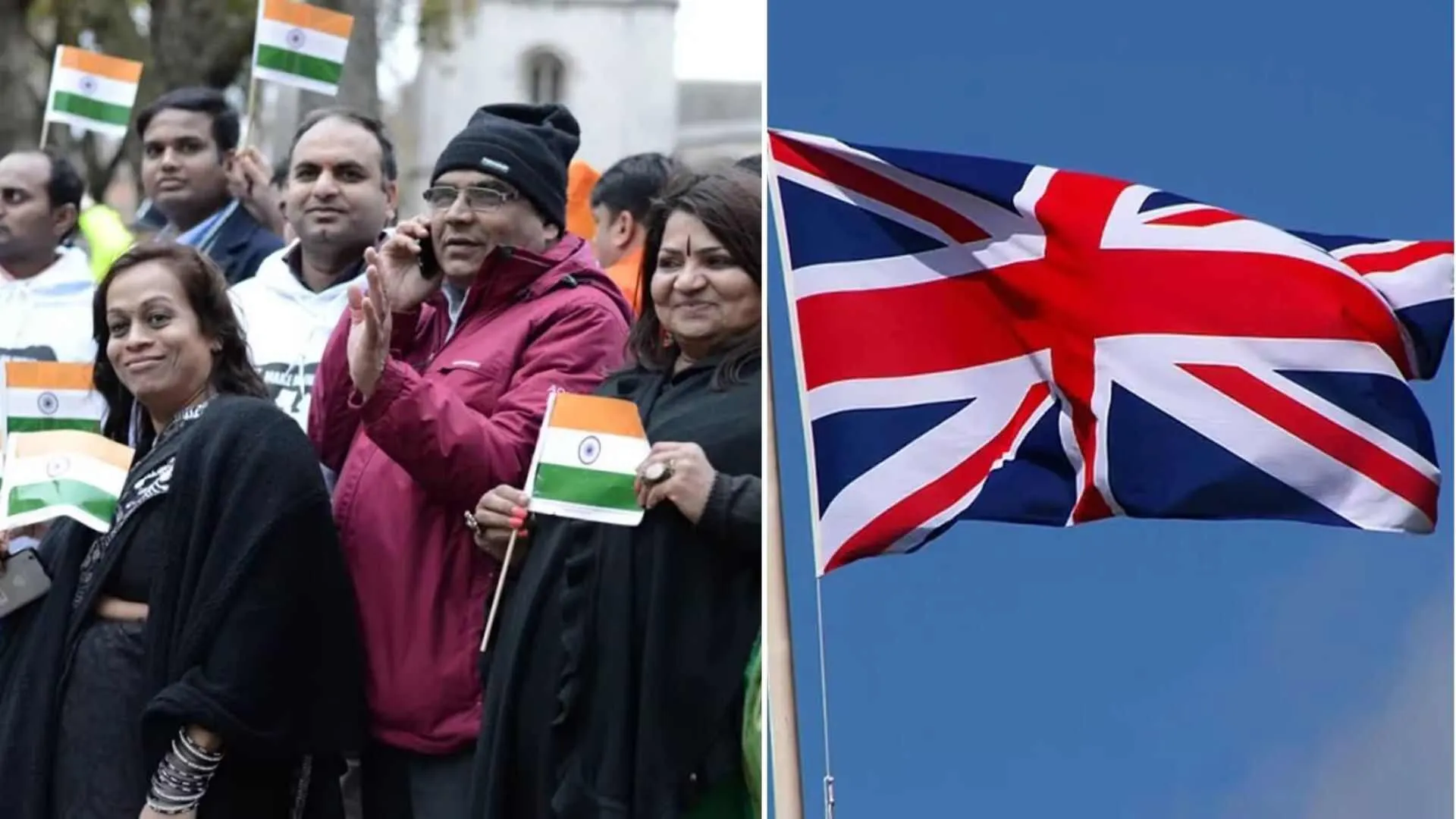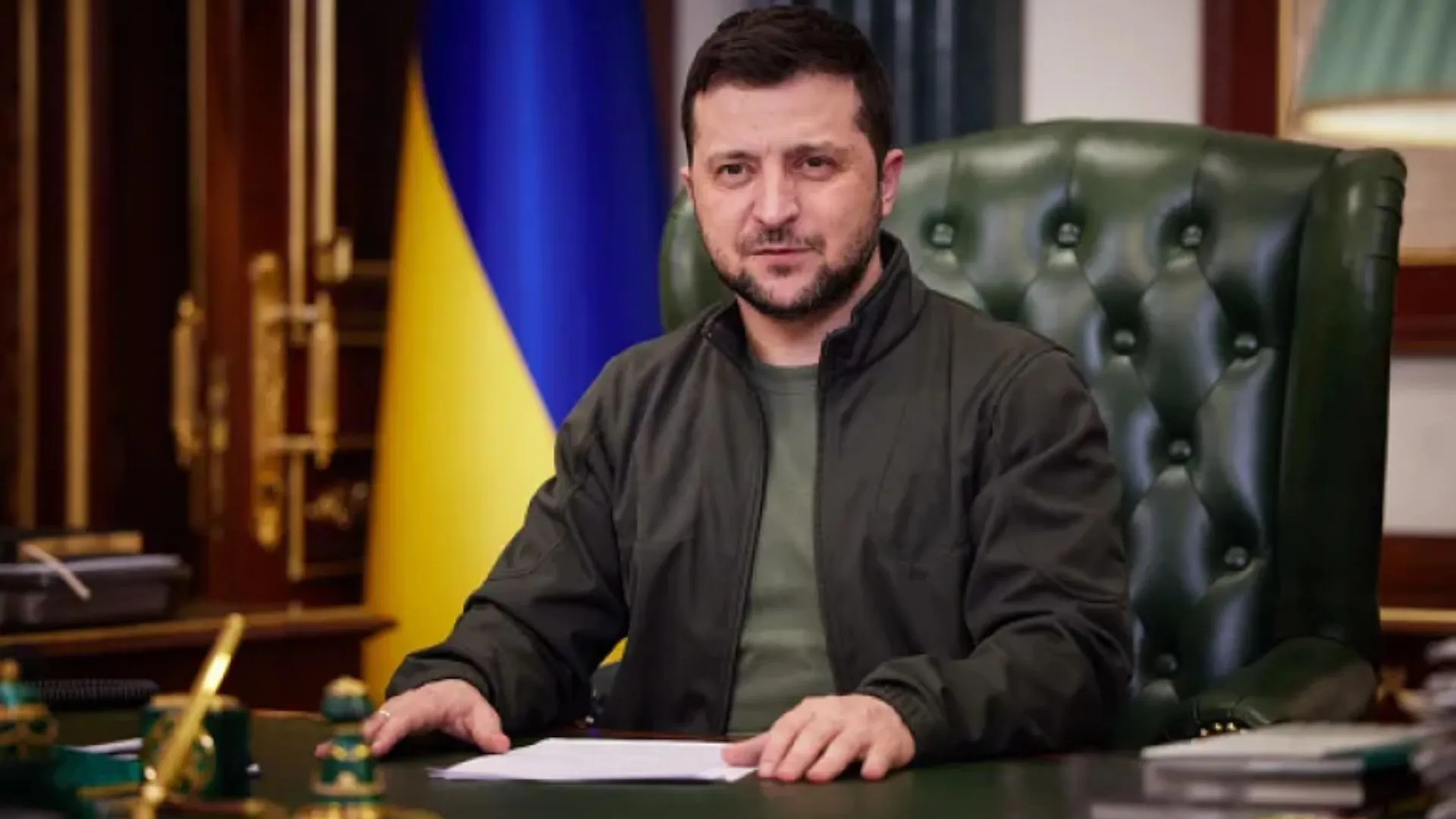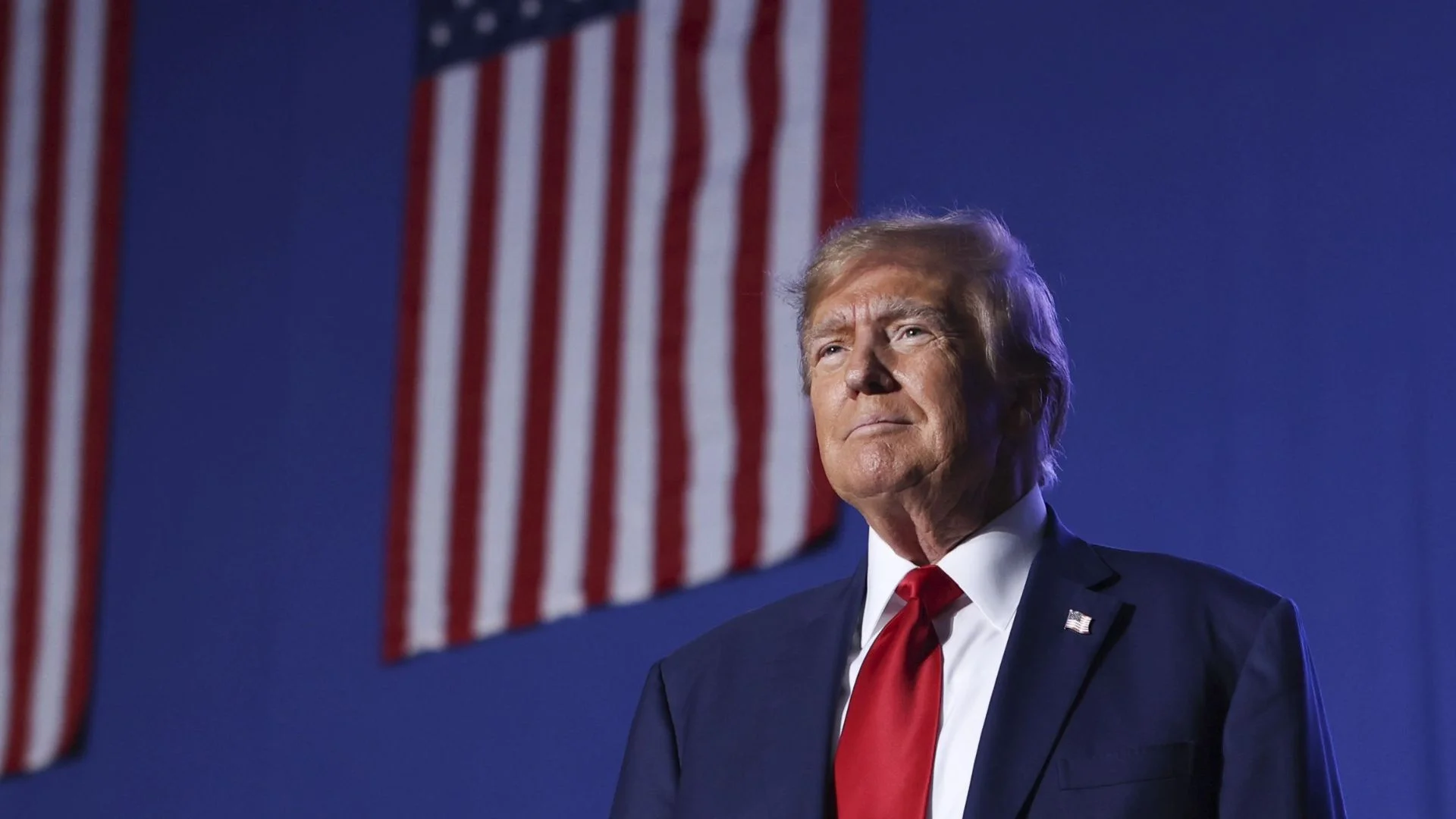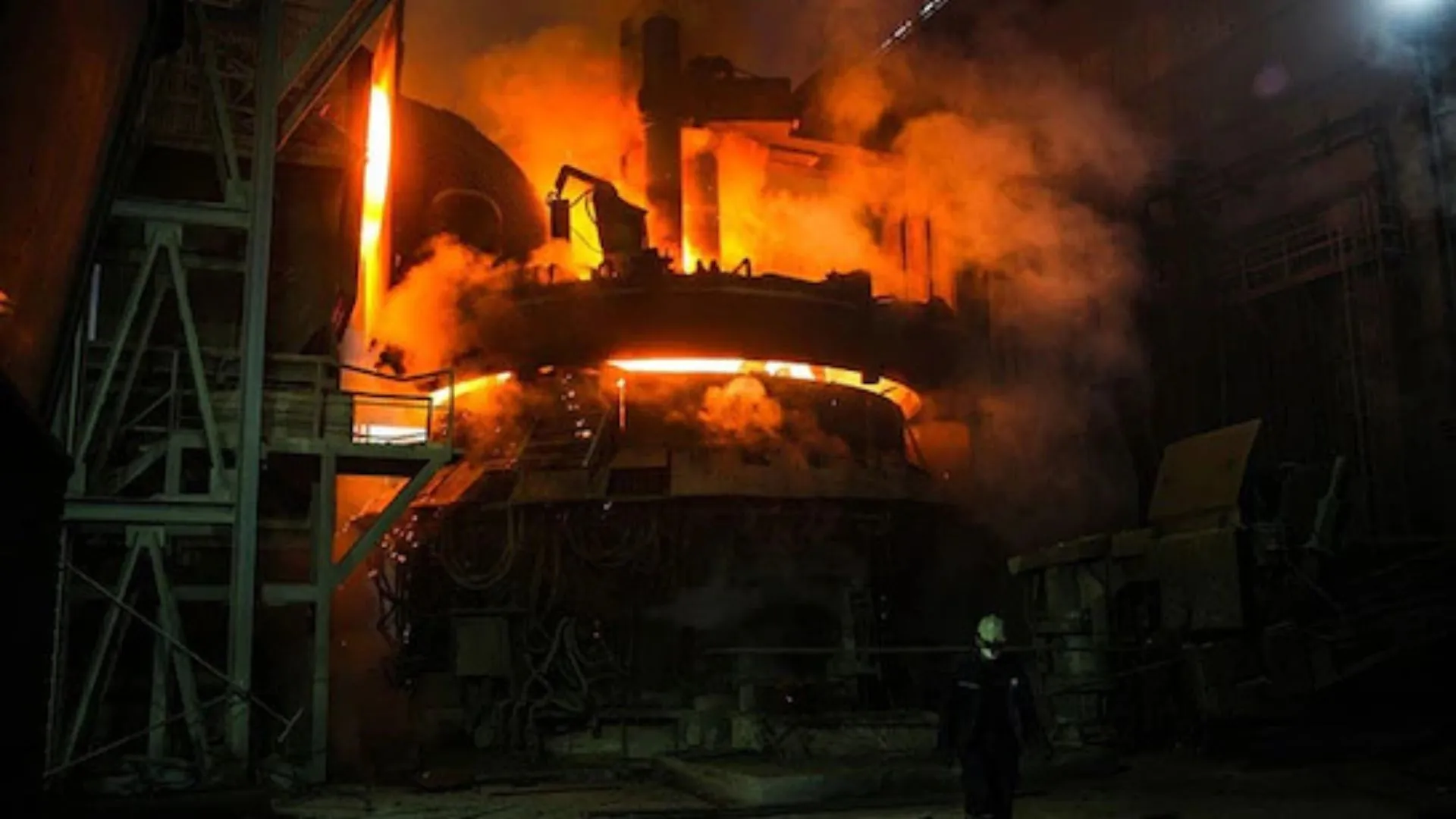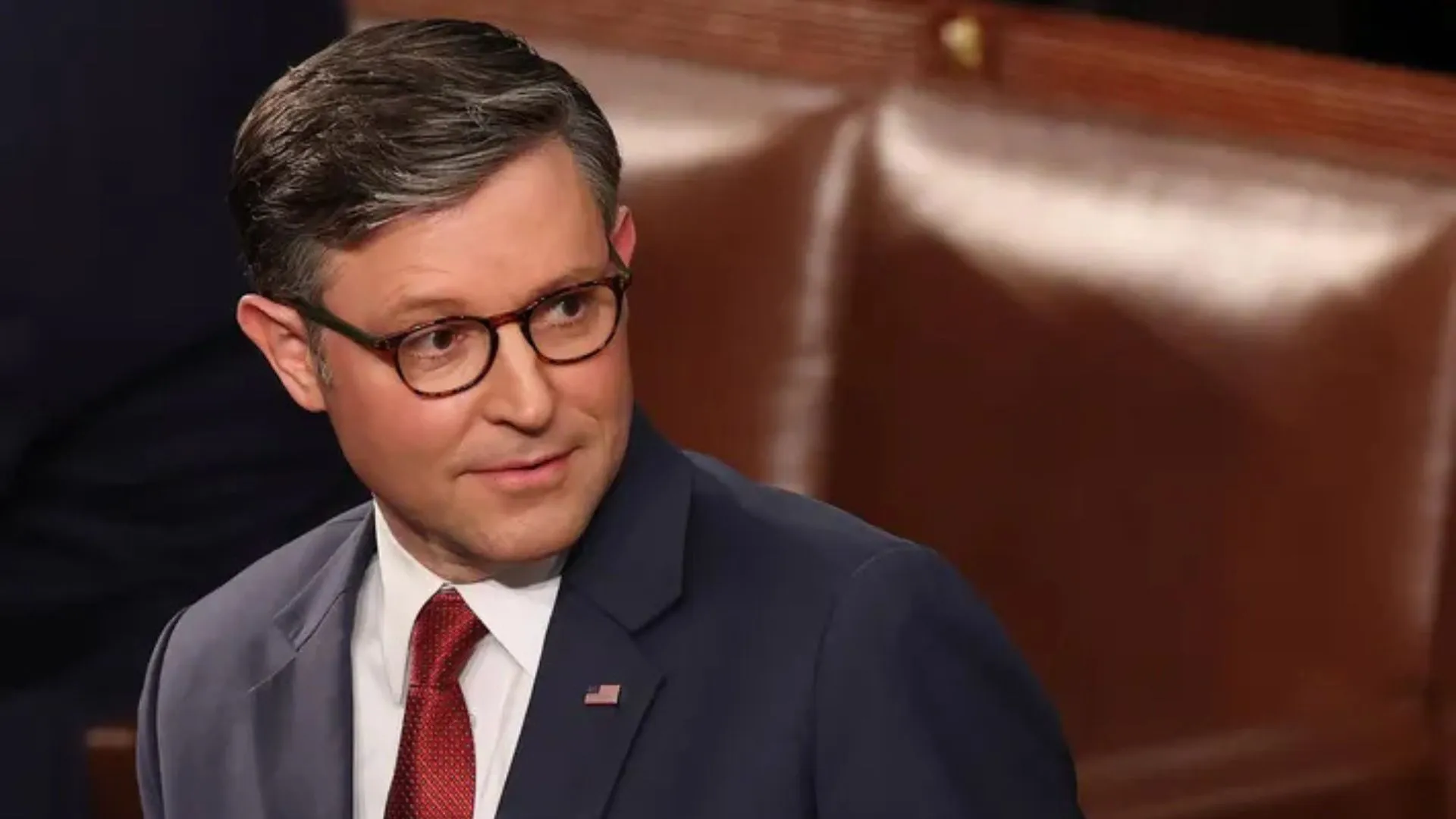Tensions Rise Amid EU Integration Standoff
Protests erupted in Georgia’s capital, Tbilisi, on Friday morning following an announcement by the ruling Georgian Dream party that it would suspend talks on European Union membership until 2028. The announcement has escalated tensions between the government and pro-European demonstrators, as police clashed with protesters who attempted to storm the parliament.
Protests and Clashes with Police
Thousands of pro-EU protesters took to the streets, blocking roads and chanting anti-government slogans. The protests turned violent when masked individuals attempted to break into the parliament building, prompting police to use water cannons, pepper spray, and teargas to disperse the crowds. Three police officers were injured during the altercations, with two requiring hospitalization. Protesters shouted “Russians” and “Slaves!” as tensions boiled over.
President Zourabichvili Condemns Government Action
Georgia’s pro-EU President Salome Zourabichvili accused the government of declaring “war” on its people. She condemned the Georgian Dream party for its decision, calling it a betrayal of the nation’s European future. Speaking alongside opposition leaders, Zourabichvili labeled the move a “constitutional coup,” stating that the government had no legitimacy following the controversial October parliamentary elections.
EU Reactions and Growing Protests
The EU has sharply criticized the Georgian government’s pro-Russian stances and its recent actions, including passing laws that critics argue are authoritarian. A non-binding resolution from the European Parliament rejected the results of the October election, calling for new elections under international supervision. Meanwhile, Georgian Dream continues to defend its position, claiming the EU is “blackmailing” the country and organizing a revolution.
EU Membership at Risk
Georgia’s relationship with the EU has deteriorated in recent months, particularly after the government passed laws that align more closely with Russian policies. Despite Georgia’s constitutionally enshrined goal of EU membership, the government has distanced itself from EU accession talks, citing economic risks posed by EU membership and the alleged interference in Georgia’s internal politics.
With approximately 80% of Georgians supporting EU membership, the ruling party’s actions have sparked fierce opposition, leading to widespread protests across the country.
As tensions continue to rise, Georgia’s path to EU membership remains uncertain, with the ruling party pushing closer towards Russia despite public support for the West.

